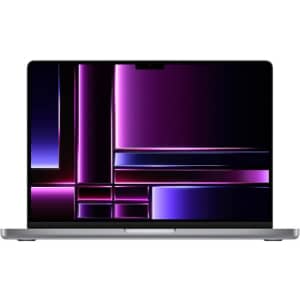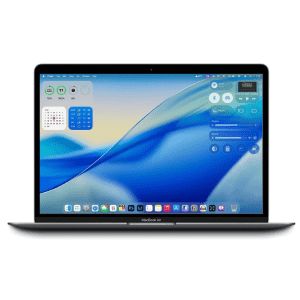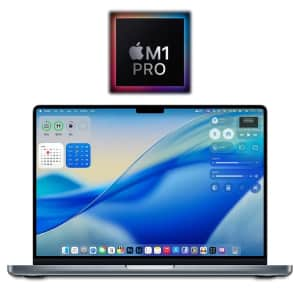Get Deals on New Apple Devices
We all look forward to Apple's September keynote every year, and 2024 was no different. The event was held on September 9, and product announcements include the iPhone 16 lineup, plus new Apple Watches and Apple AirPods.
Preorder deals on the iPhone 16 and other devices are either already available or will be available in the coming days. And previous-generation items like the iPhone 15 have already seen a $100 price drop. Whether you're interested in these options or not, remember that you'll always find the best Apple deals right here on DealNews.
















